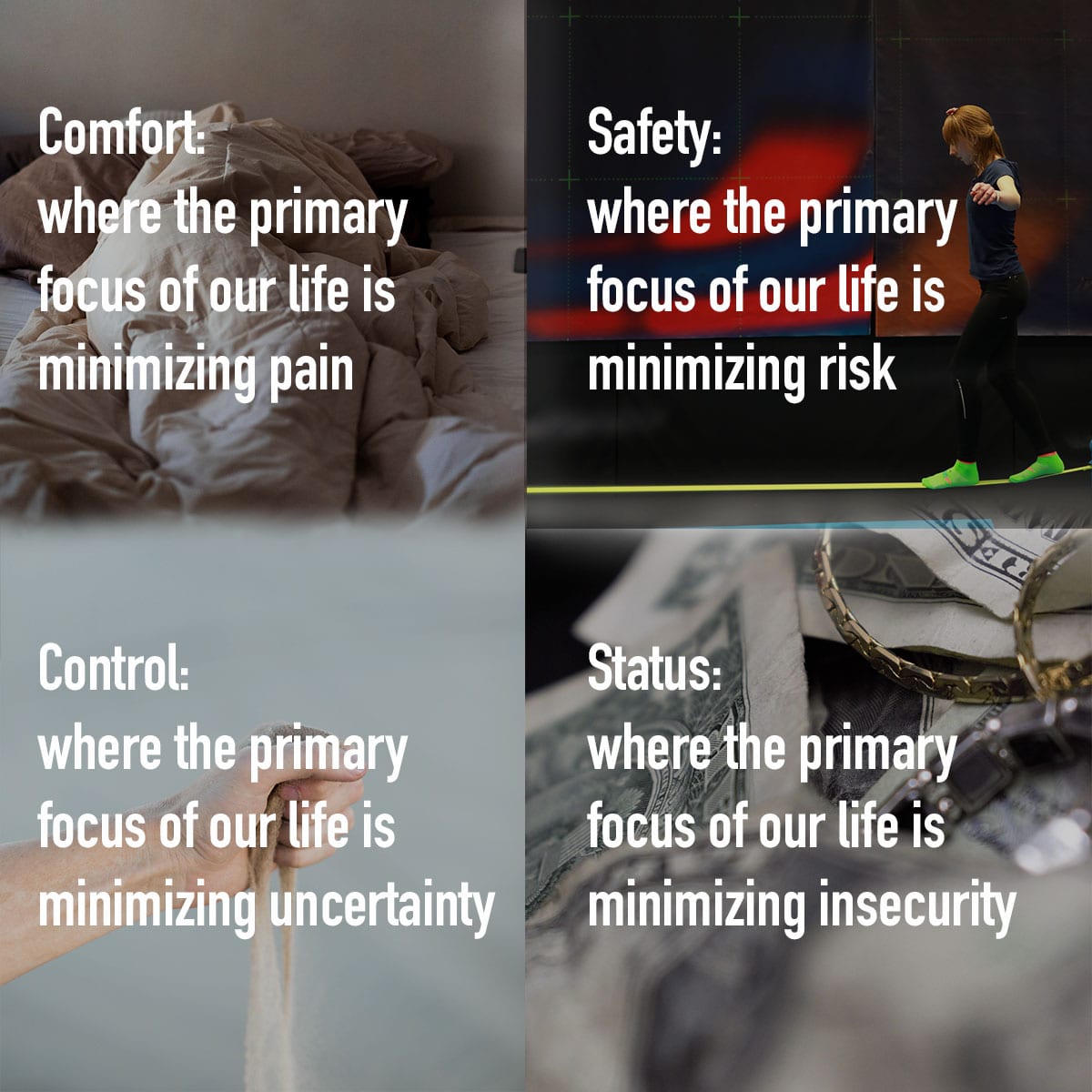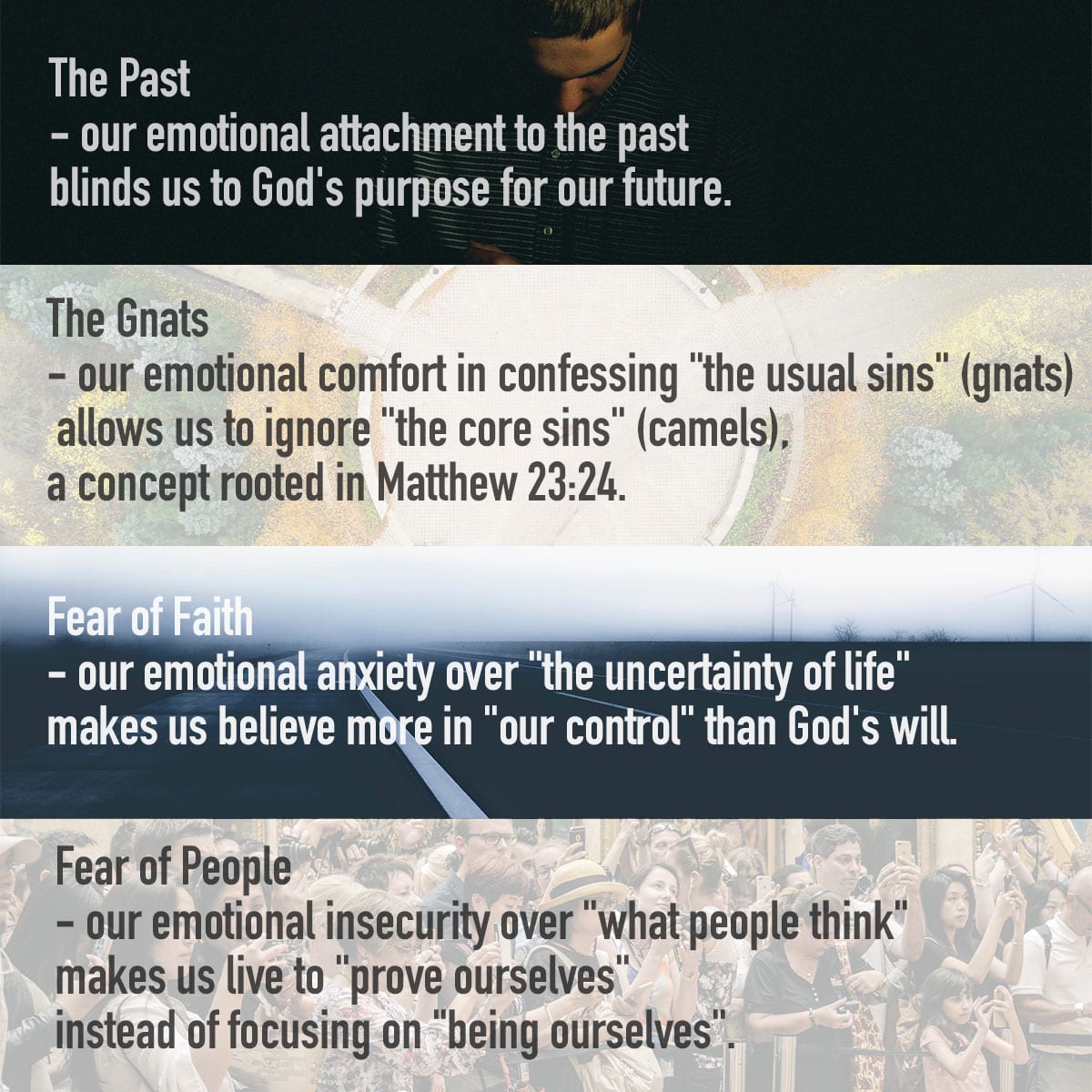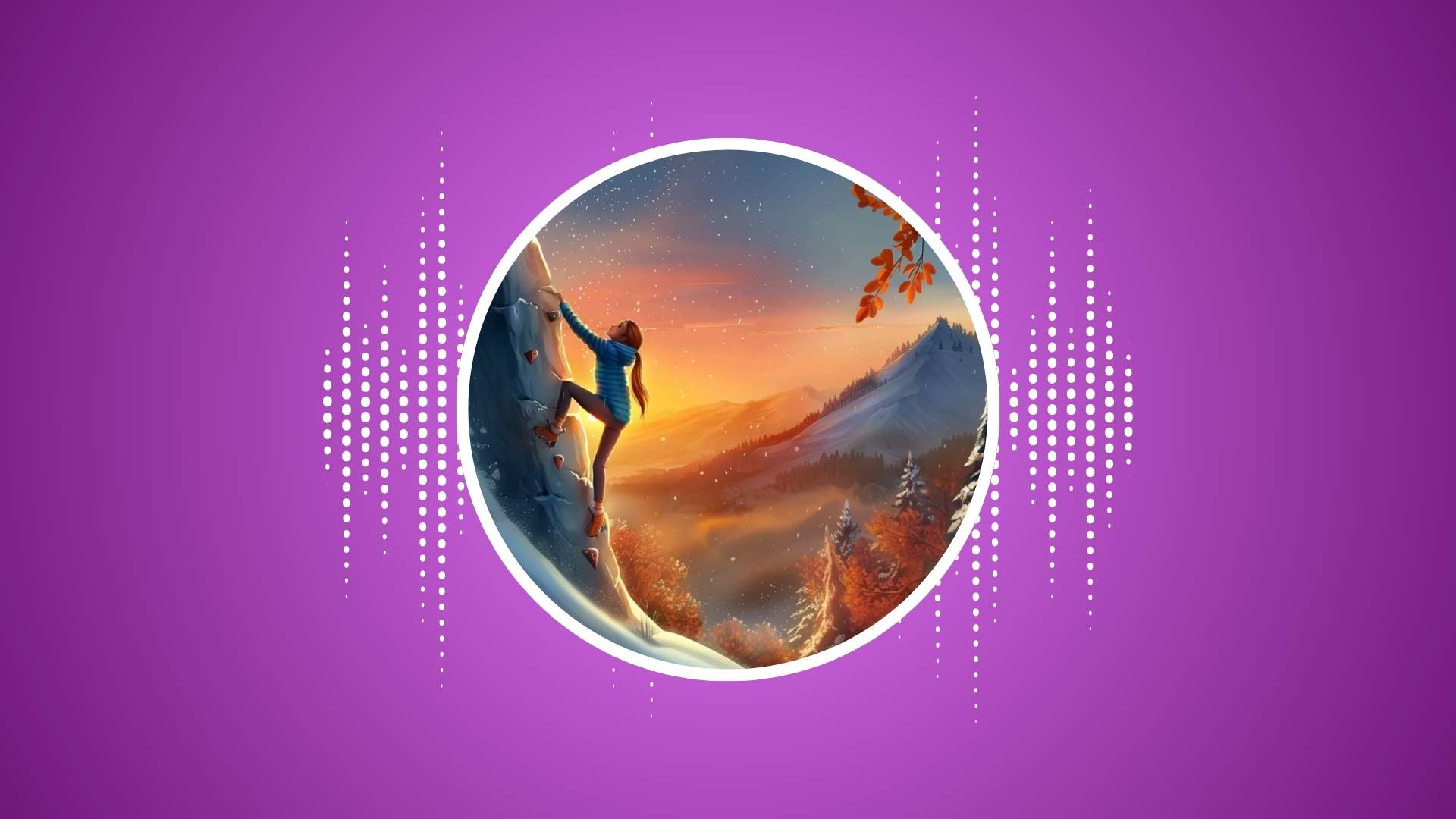Table of Contents
The morning began with a question. Can I change?
Can I change completely, not improve, but a wholesale redefinition of myself, a total course correction to follow a path and pursue a destiny unconsidered? Something akin to the restart Job experienced after disaster struck, when he began the second half of his life.
So the LORD blessed Job in the second half of his life even more than in the beginning…
Job 42:12 NLT
God wants us to experience continual restarts, rebirths, redefinitions, and to literally rebrand our lives. He never meant for this full life to be boring (John 10:10 NIV) but intended for us to experience the excitement and inspiration of perpetual transformation.
This is a life of faith where we achieve and fail, rise and fall, suffer and recover, experience loss and gain, and then after having pursued and endured, fulfill our destiny. This transformative experience is what it means to walk with God and is the one described in II Corinthians 3:16-18.
But whenever anyone turns to the Lord, the veil is taken away. [17] Now the Lord is the Spirit, and where the Spirit of the Lord is, there is freedom. [18] And we all, who with unveiled faces contemplate the Lord’s glory, are being transformed into his image with ever-increasing glory, which comes from the Lord, who is the Spirit.
2 Corinthians 3:16-18 NIV
II Corinthians 3:16-18 teaches us that walking with God is what makes Christianity a growth religion, that it is impossible to focus on God through Christ and remain the same person. That is to say that when we read, pray, and obey, the Spirit is going to change us, setting us free from who we have been so we can become who we are meant to be.
Why we need scriptures on moving forward
The inevitable question from these encouraging truths is the following: if Christianity is a growth religion, then why is change so difficult? Why doesn’t God make it easier, so we can grow into this person we are meant to become?
While there are many reasons that change is hard, one of the primary reasons is our resistance to moving on and moving forward. Learning new things is not the difficult part, but rather letting go of the old things, those old stories of who we were, how we use to do things, and what everyone feels comfortable with and thinks we ought to be.
In short, we cannot change until we move on and move forward, until we get emotionally unstuck from yesterday’s thinking and living. Only then can we pursue God’s dream of who we are meant to be.
How do we become emotionally stuck?
As Pharaoh approached, the Israelites looked up, and there were the Egyptians, marching after them. They were terrified and cried out to the Lord. [11] They said to Moses, “Was it because there were no graves in Egypt that you brought us to the desert to die? What have you done to us by bringing us out of Egypt? [12] Didn’t we say to you in Egypt, ‘Leave us alone; let us serve the Egyptians’? It would have been better for us to serve the Egyptians than to die in the desert!”
Exodus 14:10-12 NIV
Reading the Old Testament is greatly underestimated, and this passage of scripture proves the point. Almost everyone can remember The Ten Commandments, a movie about the Israelites escaping bondage and slavery in Egypt during the Exodus, although it has strangely become the preferred Easter movie without teaching anything about Christ.
What it does is what the Old Testament excels at doing – it provides an incredible example of the power of faith. In the case of the Exodus, it is an example of how faith can set us free from the slavery of being emotionally stuck.
Embedded in this Exodus story is the parting of the Red Sea in Exodus 14, which perfectly describes what it means to be emotionally stuck. The Israelites were in a difficult spot in chapter 14 of Exodus. On one side was the Egyptian military, the most powerful in the world, closing in on the Israelites, while on the other side was the Red Sea. There was no easy way out.
Their choices were to be crushed or captured by the Egyptian army or to drown in the Red Sea, which really was no choice at all. This is exactly what it feels like to be emotionally stuck; there are absolutely no good choices so we go back to what we know, the familiar, a time before we were in this bind. This is exactly what the Israelites did.
They grew angry, claimed they never wanted to be free from Egypt, and in fact wished they could go back to where life was better. Israel was emotionally stuck in Egypt; they couldn’t let it go. Their reasons are the same as ours for being stuck.
I count four reasons why we get emotionally stuck:

These are “The Four Fears That Get Us Emotionally Stuck.” Their effect is to get us so consumed with avoiding pain, risk, uncertainty, and insecurity that we become emotionally stuck, incapable of moving on or forward with our lives.
Why can’t we get emotionally unstuck?
At some point, everyone becomes emotionally stuck because of their fear of pain, risk, uncertainty, or the emotional insecurity born from persistent feelings of personal inadequacy or unworthiness.
In those moments, we tend to settle for the easy, safe, or status quo. This is what happened to Moses when he tried to lead the Israelites out of their attempt to “nostalgicize” life back in Egypt.
Moses answered the people, “Do not be afraid. Stand firm and you will see the deliverance the Lord will bring you today. The Egyptians you see today you will never see again. [14] The Lord will fight for you; you need only to be still.” [15] Then the Lord said to Moses, “Why are you crying out to me? Tell the Israelites to move on.
Exodus 14:13-15 NIV
Moses began by calming them with the words “Do not be afraid,” which sounds courageously inspiring. I am certain the people were with him. Then he said, “Stand firm,” and who can question this call to commitment and strength? After that, he said, “…be still,” because the Lord is going to fight for us, yet another faith-building proclamation of truth.
All of this sounds great until God speaks. When God spoke he said, “Why are you crying out to me?” and told Moses that the Israelites needed to “move on.”
What Moses learned, and we can as well, is that the only way to get emotionally unstuck is to move on and move forward. Holding our ground is not the answer. Don’t talk about not being afraid and standing firm, or being still while the Lord fights, because there are moments when we are in emotional slavery and the only way to break free is to take action, to move on and move forward.
This requires taking on and conquering “The Four Mindsets That Keep Us Emotionally Stuck” described below.

Becoming emotionally unstuck means deriving our identity from our vision of tomorrow and not the nostalgia of the past; focusing on the “camels” in our lives instead of being distracted by the “gnats”; giving up “our control,” and trusting in God’s will to result in good for us; and living a life where our desire is to “be ourselves,” not “prove ourselves.”
Most of us will have one dominant mindset we need to break free from, but don’t be surprised if you have a combination of two. Regardless of how the mindsets manifest themselves, getting emotionally unstuck means changing your mind and changing your plans so you can fulfill God’s purpose for your life.
Changing your mind and changing your plans
Then the Lord said to Moses, “Why are you crying out to me? Tell the Israelites to move on. [16] Raise your staff and stretch out your hand over the sea to divide the water so that the Israelites can go through the sea on dry ground. [21] Then Moses stretched out his hand over the sea, and all that night the Lord drove the sea back with a strong east wind and turned it into dry land. The waters were divided, [22] and the Israelites went through the sea on dry ground, with a wall of water on their right and on their left.
Exodus 14:15-16,21-22 NIV
God knows that for human beings to become emotionally unstuck, they must endure and overcome extreme levels of stress as they leave the familiar motivations and coping mechanisms behind to pursue the next stage of his dream for their lives.
Exodus 14:15-16 and Exodus 14:21-22 are instructive as to how God proposes we deal with our emotional stuckness. While Moses was talking about “standing firm,” God told him to “move on” and instructed him to stretch out his hand and part the Red Sea.
I am certain that of all the solutions that passed through the mind of Moses, parting the Red Sea was not on the list. Turning and fighting the Egyptians was logical. Having God fight the Egyptians was something they had already experienced in Egypt with the plagues. But walking through the sea on dry ground…well, this was new.
What we can learn is that Moses had a plan and a set of expectations based on past history, but God told him to “change his mind” and “change his plans.” This is how we become emotionally unstuck.
We have to change our minds and change our plans. We have to let go of the familiar and open our mind to possibilities of who we are supposed to be that may make no sense to anyone, just as walking through the Red Sea made no sense until it was done. This is exactly how God’s dream happens.
We break free of old rules, old ways, and old stories, to become this person who has been sleeping inside. We set ourselves free from the emotional stuckness keeping us from living God’s dream.
So, do you dare? Do you dare to admit the truths necessary to put you on a path to emotional freedom where you can become the person God knows you want to be, the person you dream of being but are afraid to pursue becoming?
There is no better time to start than today. Move on, move forward!
Explore more:
As the editor in chief for Deep Spirituality, Russ Ewell writes, teaches, and innovates with his eyes on the future. His teaching is rooted in providing hope for those turned off by tradition and infused with vision for building a transformative church. His passion to inspire even the most skeptical to view God through fresh eyes can be found in his book, He's Not Who You Think He Is: Dropping Your Assumptions and Discovering God for Yourself.
As the editor in chief for Deep Spirituality, Russ Ewell writes, teaches, and innovates with his eyes on the future. His teaching is rooted in providing hope for those turned off by tradition and infused with vision for building a transformative church. His passion to inspire even the most skeptical to view God through fresh eyes can be found in his book, He's Not Who You Think He Is: Dropping Your Assumptions and Discovering God for Yourself.





